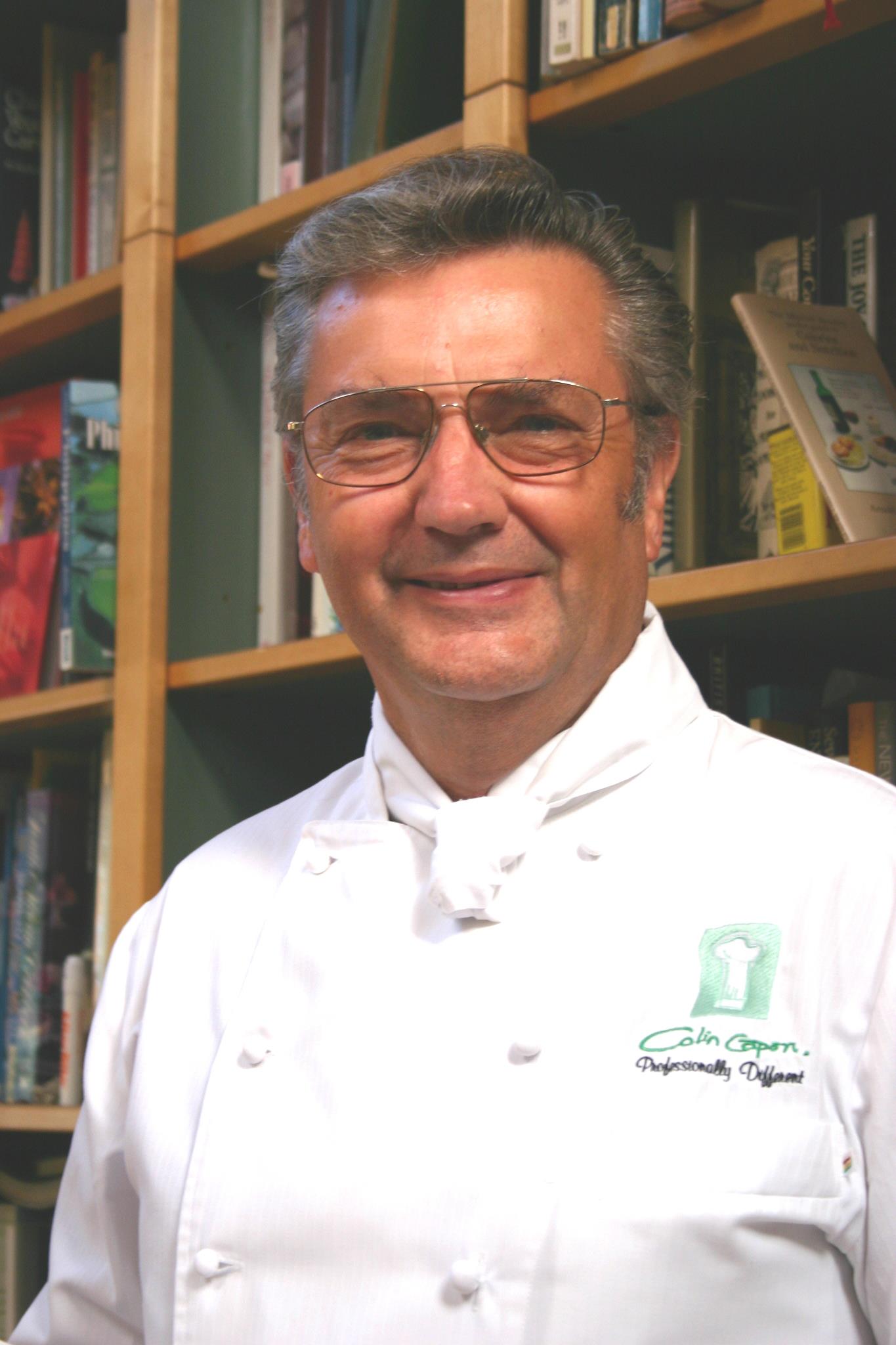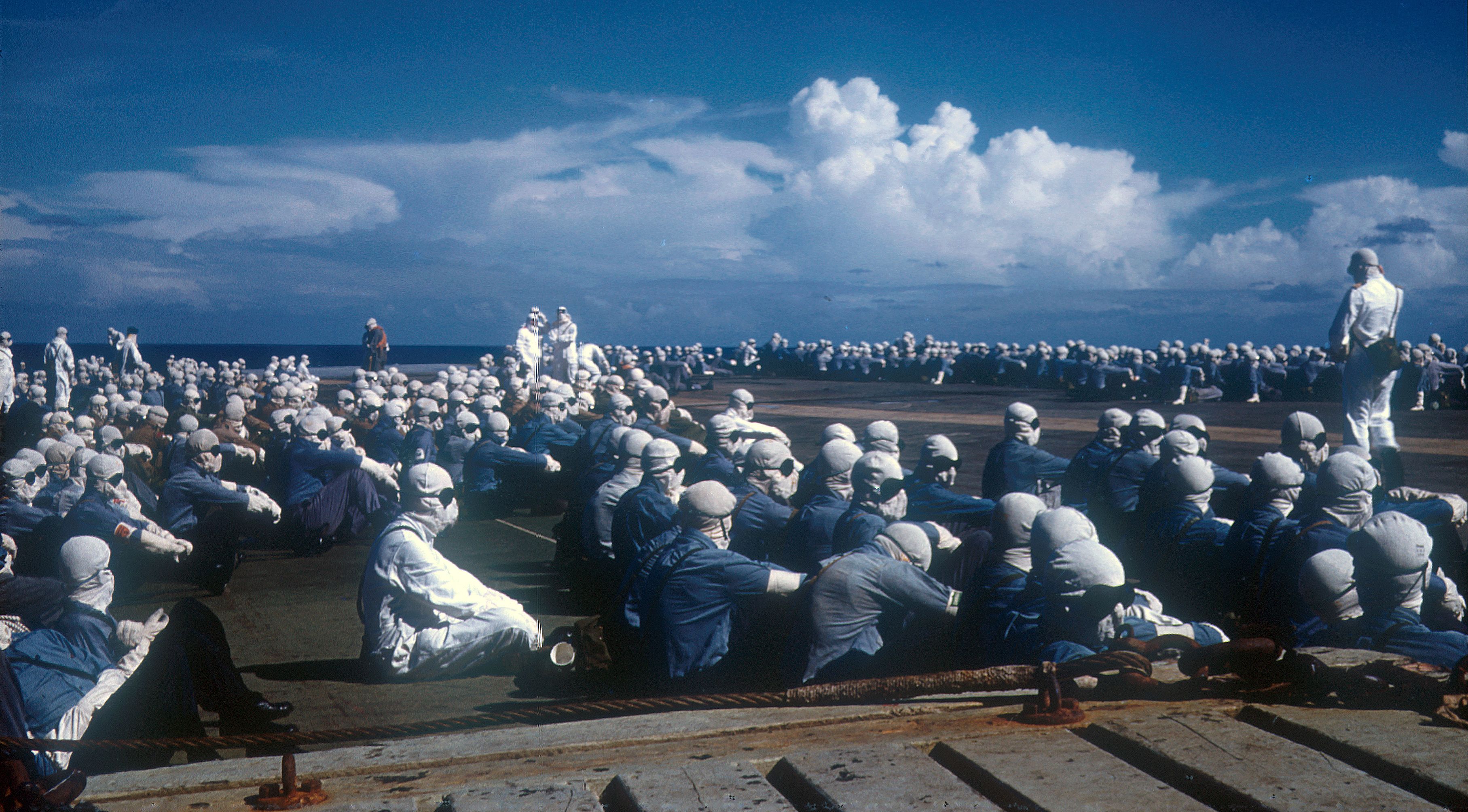
Colin Capon was born in 1944 in Accrington, Lancashire. His family moved around the UK while Capon was a child, including to Dorset where he attended a secondary modern school. After leaving at 15, he signed up to the Royal Air Force for 12 years and was trained as a chef. In 1963 Capon applied to go to Australia where he served as a cook during the Minor Trials at Maralinga nuclear testing site. Following his time in Australia, Capon was posted to Cyprus where he met his wife. Upon leaving the RAF, Capon continued his career as a chef, freelancing and working on the food for BBC dramas including Pride and Prejudice (1995). Colin currently lives in the Western Cape in South Africa with his wife.
Interview extracts
Description
Colin Capon recalls meeting Indigenous peoples at Yalata near the Maralinga test site, where he served in the RAF as a trainee chef. The Yalata settlement had grown following the local evacuation of Ooldea mission, which was too close to the test site. Capon and many other servicemen often traded with Indigenous people, taking cultural artefacts such as boomerangs back with them to the UK. After meeting during Capon’s service in Cyprus, he and his wife later moved to Cape Town, South Africa, where he became a well-known celebrity chef.
This is a short extract from an in-depth interview. Colin Capon was recorded for the Oral History of British Nuclear Test Veterans project in 2024. The interviewer was Fiona Bowler. This project was run in partnership with National Life Stories and the full interview can be accessed at the British Library.
Transcript
Once again, it was an adventure. We used to take, we used… because in the services you used to make great big urns of tea, and inside that tea container was like a great big metal thing that you put all the tea in. When we finished with that, we didn’t throw it away, we dried it, and then boxed it all up, and then when we went to these missions we used to take that with us and they used to make tea again with it, or something like that. But the, though the mission was there, it was, they lived outside in the bush, they were nomadic, basically, if we took, at one time I always remember taking a great big box of oranges. And oranges used to come in like a double-sided ply box, you know, and when we took them and gave all the kids things and everything like that, and we would be exchanging some of these things for boomerangs and woomeras and all these things that, you know, made in those days – I’ve still got some somewhere lying around.
[ends at 0:01:05]


